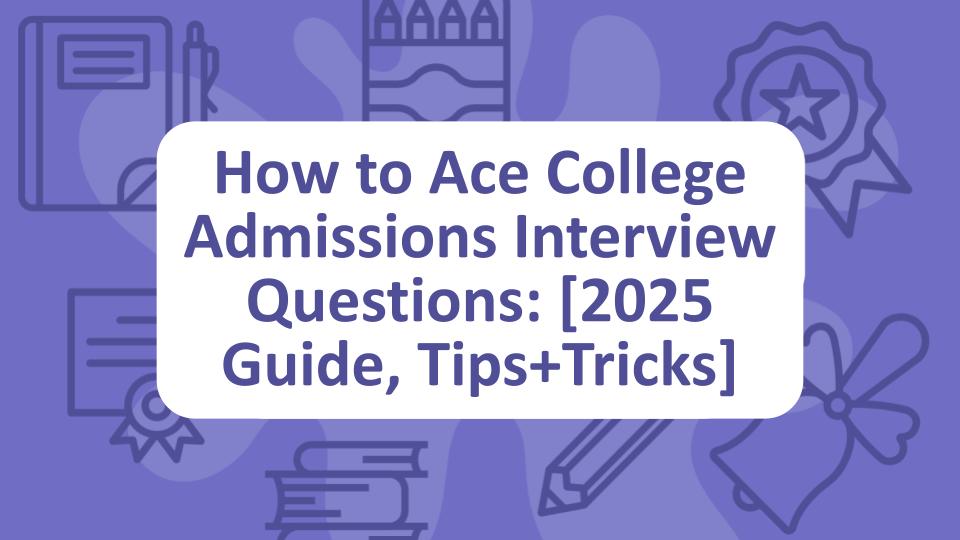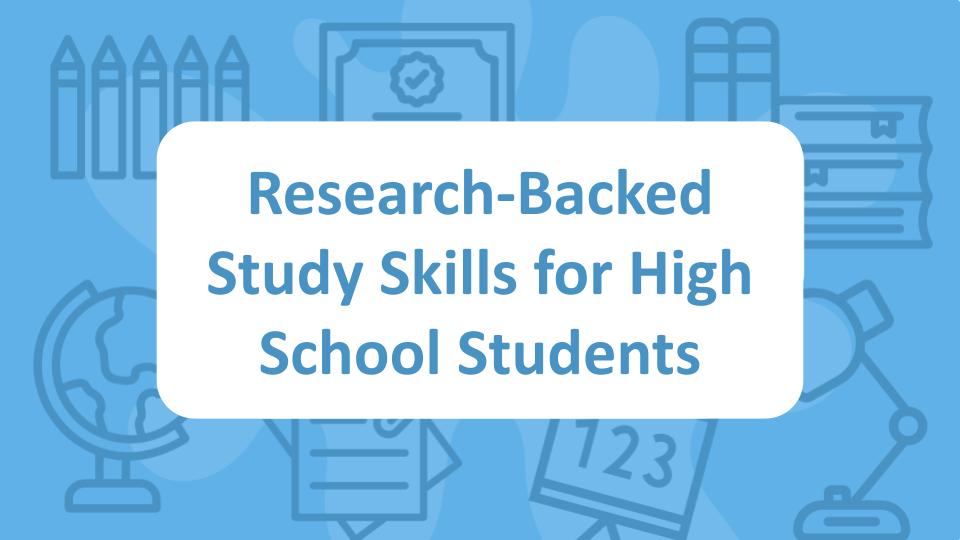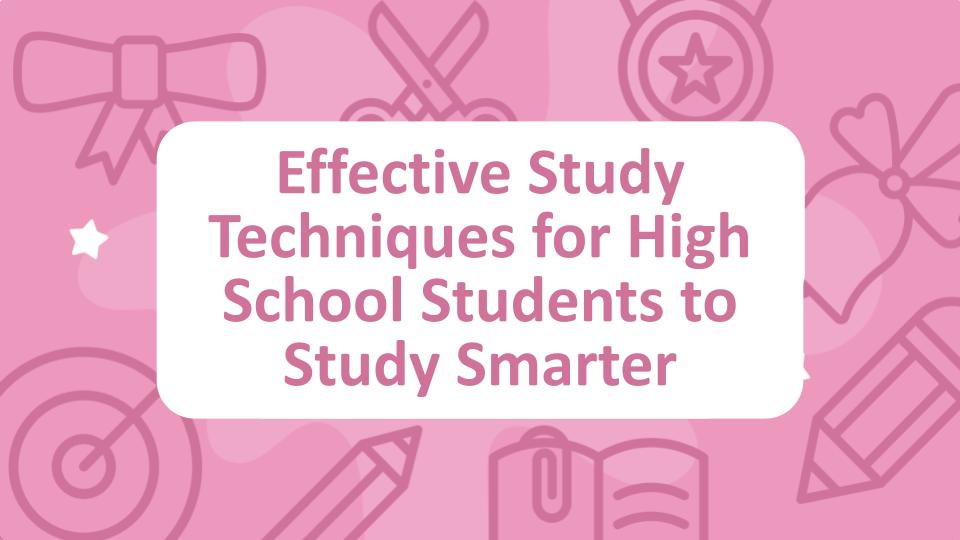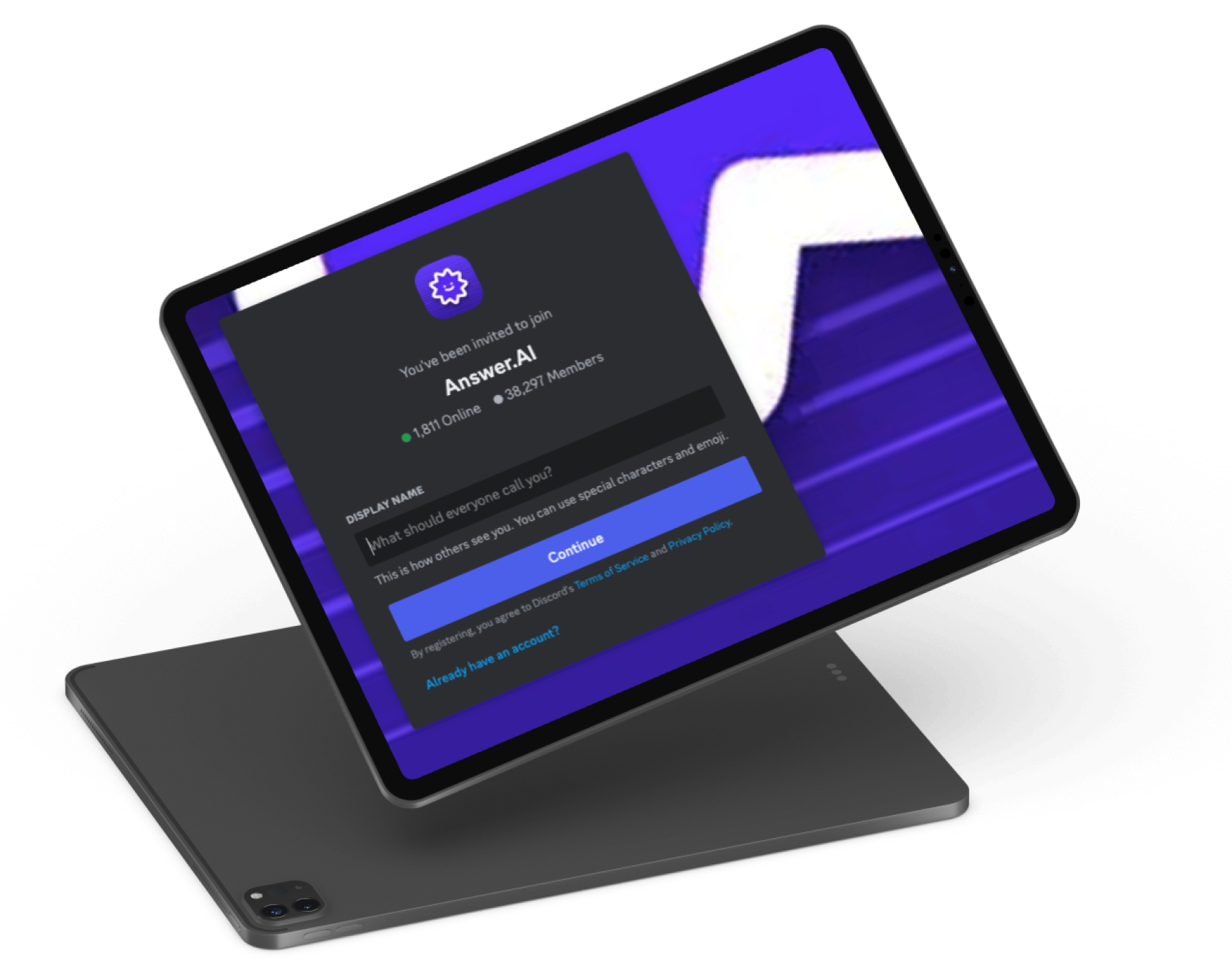How to Ace College Admissions Interview Questions: [2025 Guide, Tips+Tricks]

Table of contents
College admissions interviews can be a daunting experience, but they don't have to be. By understanding what to expect and preparing yourself, you can make a great impression and increase your chances of getting into your dream school. In this blog post, we will discuss popular college admissions interview questions and cover topics like:
- Why college admission interviews matter
- How to prep for your college admissions interview
- Common college admissions interview questions
- Tips for answering college interview questions with confidence
- How to use Answer.AI for college interview prep
Why trust us? We're Answer.AI, a 24/7 tutor and college counselor that has helped over 6 million students reach their academic goals, crush exams, and get into their dream schools. Our mission is to be there for you every step of the way, whether you're in study hall prepping for AP exams or drafting up your Common App essay. Want to try out our app or Chrome extension? You can download Answer.AI on the App Store, Google Play Store, and Chrome Web Store. You can also check out our blogs and events for more free resources.
What to Expect During a College Admissions Interview
The admissions interview is often seen as an opportunity for the college to get to know you as a person, beyond just your application and academic achievements. Interviews are typically optional or informational for many schools, meaning they might not be required or may not count as much as other parts of your application. However, when interviews are offered, they are a chance to leave a memorable impression that can influence admissions officers when they evaluate your application. Here are some of the logistics:
- Format: Interviews can be conducted in-person, over the phone, or via video call. Each college has its own preferences, so be sure to confirm the format in advance.
- Duration: Most interviews last between 30 minutes to an hour.
- Interviewer: You may be interviewed by an admissions officer, a current student, or a college alum who volunteered to interview prospective candidates.
- Atmosphere: While interviews can feel formal, most interviewers aim to create a relaxed and conversational environment.
Why College Admissions Interviews Matter
Admissions officers are busy, reviewing thousands of applications. A strong interview can make you stand out, helping them remember you as an individual rather than just another name in the pile. Students who connect with their interviewers in a positive way often leave a lasting impression that can tip the scales when admissions decisions are made.
Colleges are looking to create a balanced, diverse, and vibrant community. The interview allows you to show how you’ll contribute to campus life and fit within the culture. This is your chance to display enthusiasm about their specific community, beyond the academic prestige.
What Colleges Are Looking for in Interviews
While every school may have slightly different criteria, there are several common qualities admissions officers value in candidates. Understanding these qualities will help you tailor your responses and leave a positive impression.
- Passion and Curiosity: During your interview, aim to communicate genuine excitement about your academic and extracurricular interests. Describe a specific project or topic that you found exciting and explain why it matters to you.
- Self-Awareness and Growth: Colleges appreciate students who are self-aware and who can learn from their experiences—whether it’s how you grew from a challenge or how a setback taught you resilience.
- Alignment with School Values: Admissions officers are looking for students who align with their school’s values. Research the college’s mission, values, and culture ahead of time. For instance, if a school values community service, come prepared to discuss your volunteer work and how it aligns with their goals.
- Communication Skills: Pay attention to active listening—nod, respond thoughtfully, and show engagement when the interviewer speaks. These small cues indicate that you’re present and respectful of their time.
- Authenticity and Honesty: Colleges appreciate candidates who are genuine rather than rehearsed or overly polished. Avoid giving the “right” answer and instead focus on being authentic. Admissions officers can usually tell when answers sound scripted.
Preparing for College Admissions Interview Questions
Authenticity and not sounding scripted does not mean that you should go in unprepared. Preparing is key to feeling confident and making a strong impression during your college admissions interview. Here are a few ways to make sure you are an A+ interviewee:
- Researching the college and its programs
- Practice, practice, practice
- Preparing key talking points (and keeping it real)
- Making a list of questions to ask the interviewer
Researching the College and Its Programs
One of the most impactful ways to prepare is to learn about the college in depth. Admissions officers appreciate when applicants show a clear understanding of their institution and can speak to why they’re interested in it specifically.
- Identify Core Values: Start by reviewing the college’s mission statement, core values, and campus culture. Look for insights on the college’s website, blogs, and social media channels to understand what makes the school unique.
- Explore Programs, Professors, and Clubs: Take a deep dive into the academic programs, professors, and extracurriculars that excite you. Be specific—if you’re interested in the college’s environmental studies program, mention a unique course, professor, or project that appeals to you. Highlighting details shows you’ve done your research and are genuinely interested in what the college has to offer.
- Check for Recent News and Events: Many colleges have unique traditions, events, or recent accomplishments that are worth noting. If the college recently achieved something significant, like launching a new research center or winning a sports championship, mention it during the interview. This level of awareness indicates that you’re keeping up with the school and excited about being a part of its future.
Practice, Practice, Practice
Practice is essential to feel comfortable in the interview setting, but there are specific ways to practice that will make your responses feel natural, not robotic.
- Focus on Themes, Not Scripts: While it can be tempting to memorize answers, it’s more effective to practice around key themes. Think of three or four main themes about yourself that you want the interviewer to remember, such as leadership, resilience, or curiosity. This way, you can adapt your answers naturally without feeling locked into a script.
- Practice Common and Unexpected Questions: While common questions (like “Tell me about yourself”) are easy to prepare for, don’t ignore unexpected questions. Try thinking about open-ended or unique questions, like “If you could have dinner with any historical figure, who would it be?” Practicing for both types of questions will help you feel ready for anything the interviewer may ask.
- Remember the “Connection, Not Perfection” Mindset: Remind yourself that the interview is about connection, not perfection. It’s okay if you pause or take a moment to think. The interviewer will appreciate your thoughtfulness over a perfectly rehearsed answer.
Preparing Key Talking Points (and Keeping it Real)
When you have clear, concise talking points, you’re less likely to ramble or feel uncertain during the interview. However, be sure your points feel natural and not rehearsed.
- Develop Your “Why This College” Answer: Prepare a response that goes beyond the typical “It has a good reputation” answer. Discuss specific reasons, like how the college’s programs, values, or community align with your goals. Mentioning things like study abroad opportunities, specific classes, or campus culture can make your answer memorable.
- Highlight Personal Growth: Many interviewers want to know what makes you “you” and how you’ve grown over time. Consider stories that reflect how you’ve developed personal strengths or learned from past challenges. Choose anecdotes that align with the qualities the college values.
- Prepare a Couple of Unique Interests: Sharing a unique interest or hobby can help set you apart. Whether it’s coding, baking, hiking, or a passion for comic books, these interests make you memorable. Plus, they can serve as “fallback” topics if you’re asked an unexpected question.
Making a List of Questions to Ask the Interviewer
Asking thoughtful questions is an easy way to show interest and engagement, so come prepared with a few good ones.
- Avoid Basic Questions: Avoid questions that can easily be answered on the school’s website, like “What’s the student-to-teacher ratio?” Instead, opt for questions that reflect genuine curiosity and a desire to learn more.
- Examples of Thoughtful Questions:
- “What do you feel makes this college unique, compared to similar institutions?”
- “Are there any new or upcoming programs or opportunities on campus that you’re particularly excited about?”
- “How do students typically describe their transition to campus life here?”
Having two or three questions ready to ask will help you leave a strong, engaged impression on the interviewer.
How to Answer Common College Admissions Interview Questions
Knowing the most common questions asked in college admissions interviews and having a thoughtful approach to answering them can help you feel prepared and confident. Here are the most common questions and how you can answer them.
Personal Questions
These questions help interviewers learn more about you as a person.
- Tell me about yourself: Start by choosing a few key qualities or experiences that you want the interviewer to remember about you. Instead of reciting your resume, share a narrative that captures who you are as a person.
- What are your hobbies and interests?: Highlight activities that reflect your personality and passions.
- How do you spend your free time?: Discuss any volunteer work, part-time jobs, or extracurricular activities.
Academic Questions
When discussing academic interests, go beyond listing subjects. Talk about what fascinates you within a subject and how you’ve pursued it outside of class.
- Why did you choose your major or field of interest?: Explain your motivations and any experiences that influenced your decision.
- What’s your favorite subject and why?: Be prepared to discuss how this subject has impacted your educational journey.
- Describe a challenging academic experience you faced and how you overcame it: Share a specific example that demonstrates resilience and problem-solving.
College-Specific Questions
Avoid generic answers like, “It’s a great school” or “It has a good reputation.” Instead, demonstrate that you’ve done your research and show how specific aspects of the college align with your goals.
- Why are you interested in this college?: Research the college’s programs, culture, and values, and relate them to your own goals.
- What do you hope to gain from your college experience?: Discuss your aspirations and how the college aligns with them.
- How do you see yourself contributing to our campus community?: Think about how your skills and experiences can benefit the college environment.
Leadership and Extracurricular Questions
- What leadership roles have you held in high school?
- Tell me about a significant accomplishment in one of your extracurricular activities.
- How have your extracurricular activities shaped your personal growth?
Challenging Questions
Talking about your weaknesses and challenges can be really difficult, especially if you don't know how to balance being honest without sounding self-deprecating or leaving a negative impression. Here are some ways you can think about approaching these questions.
- Describe a challenge you've overcome: Colleges ask this question to learn about your resilience and problem-solving skills. Choose a challenge that teaches you something valuable and showcases your growth.
- What are your strengths and weaknesses?: This question is about self-awareness and honesty, so answer authentically. Choose a strength that aligns with the qualities the college values and a weakness that you’re actively working to improve.
Current Events and Social Issues
An interviewer may ask you questions not just about yourself, but about the world. This is not only to see that you are informed about the general ongoings of the globe, but also to check how your passions apply to the knowledge and news that you consume. They may ask questions such as:
- What current events or social issues are you most passionate about?
- How do you stay informed about what's happening in the world?
- Describe a time when you had to consider a perspective different from your own.
To prepare for these types of questions, think about recent news headlines you've seen, books you've read, or any other media you have consumed that piqued your interest. Reflect on how it impacted you and why it was interesting. Then, you can relate it to your own aspirations and what inspires you to continue your learning journey.
Future Goals
Colleges want to see that you have direction but are also open to growth. Don’t feel pressured to have every detail planned out—focus on the types of goals you want to achieve.
- What are your career aspirations?: Share your long-term goals and how your college education will help you achieve them. Mention specific aspirations, but express an openness to discovering new interests in college.
- Where do you see yourself in five or ten years?: Be realistic yet aspirational in your response. Explain how the college’s programs or culture align with your vision for the future.
Answering College Interview Questions with Confidence
Confidence in a college interview can make a lasting impression, but it’s important to balance confidence with authenticity. Some ways to achieve this balance are:
- Using the STAR method
- Active listening
- Avoiding common mistakes in college admissions interviews
Using the STAR Method
One of the most effective ways to structure your responses to behavioral or situational questions is the STAR Method. It helps you stay organized and ensures that your answer is both concise and impactful.
- Situation: Start by describing the context or background of the situation. Set the scene to give the interviewer context.
- Task: Explain what your goal or responsibility was in this scenario. What were you aiming to achieve or address?
- Action: Describe the steps you took to address the challenge or accomplish the task. This is where you showcase your problem-solving, leadership, or adaptability.
- Result: Conclude with the outcome. What was achieved, and what did you learn?
Active Listening
Active listening demonstrates that you’re engaged and respectful of the interviewer. It also helps you respond thoughtfully and build a connection.
- Stay Present: When the interviewer is speaking, listen attentively rather than thinking ahead to your next answer. Nod or make small verbal affirmations to show that you’re engaged.
- Clarify If Needed: If you’re unsure about a question, don’t hesitate to ask for clarification. This shows that you’re attentive and serious about providing a relevant answer.
Avoiding Common Mistakes in College Admissions Interview Questions
Avoiding common mistakes can help you stand out as a thoughtful, prepared, and genuine candidate. Here are some pitfalls to watch out for:
- Avoid Giving Vague or Generic Responses: It’s tempting to give safe, general answers, but they often lack impact. Instead of saying, “I’m passionate about learning,” give a specific example that illustrates your love for learning, such as a project or personal discovery.
- Don’t Speak Negatively About Past Experiences or Other Schools: Admissions officers appreciate positivity and a forward-thinking attitude. Avoid talking negatively about other schools, teachers, or experiences, as this can come across as disrespectful. Focus instead on what you’ve learned or what excites you about the future.
- Don’t Overload Answers with Academics Only: Colleges are looking for well-rounded individuals. If you focus solely on academics, you may miss an opportunity to share your unique hobbies, interests, or perspectives. Balance your answers by including both academic and personal experiences.
- Avoid Trying to “Oversell” or Exaggerate: While it’s natural to want to impress, exaggerating or overselling yourself can backfire. Interviewers can usually tell when answers sound too polished or insincere. Instead, focus on sharing genuine stories that highlight your strengths and values.
- Avoid Talking Too Much or Rambling: While it’s great to be thorough, overly long responses can lose the interviewer’s attention. Stick to concise answers that address the question clearly. Practice before the interview to ensure your answers are focused and to the point.
Make a Lasting Impression: Post-Interview Steps
Once your college admissions interview is over, it’s important to take a few post-interview steps to leave a lasting impression and gain valuable insights. These actions can reinforce your interest in the school, show appreciation, and help you learn from the experience.
- Send a thoughtful thank-you note: Send your thank-you note within 24-48 hours of the interview. A short, polite email is usually the best format, though a handwritten note can be memorable if you know the interviewer’s mailing address.
- Reflect on your interview experience: Consider what went well and where you might improve. Write down your reflections in a notebook or document so you can review them later. This record can serve as a helpful reference if you’re invited to future interviews.
- Reaffirm your interest: For colleges that strongly consider “demonstrated interest” as part of their admissions process, taking a few extra steps can show your commitment. If something significant happens after your interview—like an academic achievement, award, or leadership role—you may send a brief email update to the admissions office. Just make sure it’s relevant and not repetitive.\
How Answer.AI Helps with College Admissions Interview Questions
From discovering where to apply for college, making the most of college fairs, finding scholarships that are a good fit for you, and utilizing your school counselor, the college admissions process requires you to juggle a lot, and it can be hard managing it all without proper support.
Answer.AI has dedicated features meant for students who are applying to colleges and looking for scholarship opportunities. We work with college admissions officers, educators, and scholarship advisors to provide free services for our students looking to continue their education.
With our app, you can chat with an AI college counselor and scholarship advisor, and receive a personalized list of where you should apply, how to answer college admissions interview questions based on your experience, and what scholarships are available to make higher education financially feasible.
Beyond the app, we have a host of free resources including webinars, events, and blogs dedicated to help you succeed
You can download Answer.AI on the App Store, Google Play Store, and Chrome Web Store. You can also check out our blogs and events for more free resources.
Want to learn more about how to crush college application season? Read related articles here:
See Related Articles

Research-Backed Study Skills for High School Students

Effective Study Techniques for High School Students to Study Smarter

Why is AI Good for Education: Exploring the Benefits of AI in Learning

Join our Discord community
Get updates on upcoming webinars, live discussions, peer support, and more.
Join the community




